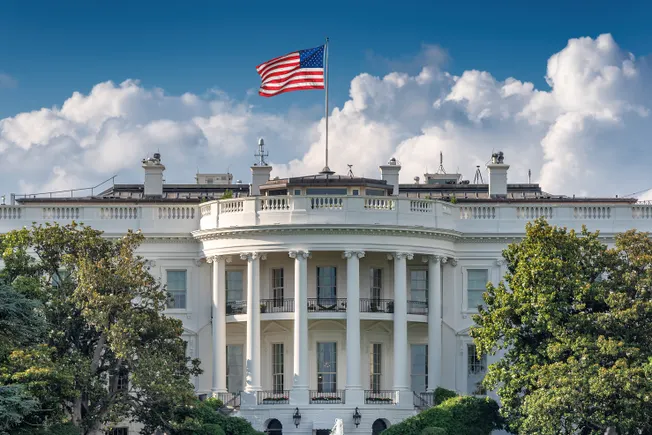TL;DR Summary of White House Considers Sanctions Over EU Digital Services Act Impacting Meta
Optimixed’s Overview: U.S. Pushback Intensifies Against EU Digital Regulations Affecting Tech Giants
Background and Context
The EU Digital Services Act (DSA) has been a major regulatory challenge for U.S.-based social media companies, particularly Meta, which has faced substantial fines related to data privacy, tax issues, and content regulations. The DSA aims to hold platforms accountable for content moderation and operational transparency, but the financial and operational burdens have sparked controversy.
White House Response and Potential Actions
- Sanctions Considered: The Trump Administration is reportedly contemplating visa restrictions or other sanctions targeting EU officials enforcing the DSA.
- Lobbying Efforts: U.S. diplomats in Europe have been directed to build opposition to the DSA, seeking amendments or repeal.
- Free Speech Concerns: U.S. authorities, including the FCC, argue the DSA conflicts with American values of free speech and imposes excessive compliance costs.
Meta’s Strategic Alignment and Potential Benefits
In recent years, Meta has shifted its policies to align more closely with the Trump Administration, adopting initiatives like the Community Notes model and appointing Republican officials to key positions. This alignment may help Meta mitigate the impact of EU fines under the DSA, potentially saving billions annually.
Implications for U.S. Tech and International Relations
- The U.S. pushback reflects broader tensions around regulatory sovereignty and the global influence of American tech companies.
- Financial penalties under the DSA are seen by some as a form of taxation on Meta’s success rather than genuine market corrections.
- This conflict underscores the challenges of balancing cross-border regulations with differing national priorities on speech, privacy, and commerce.
